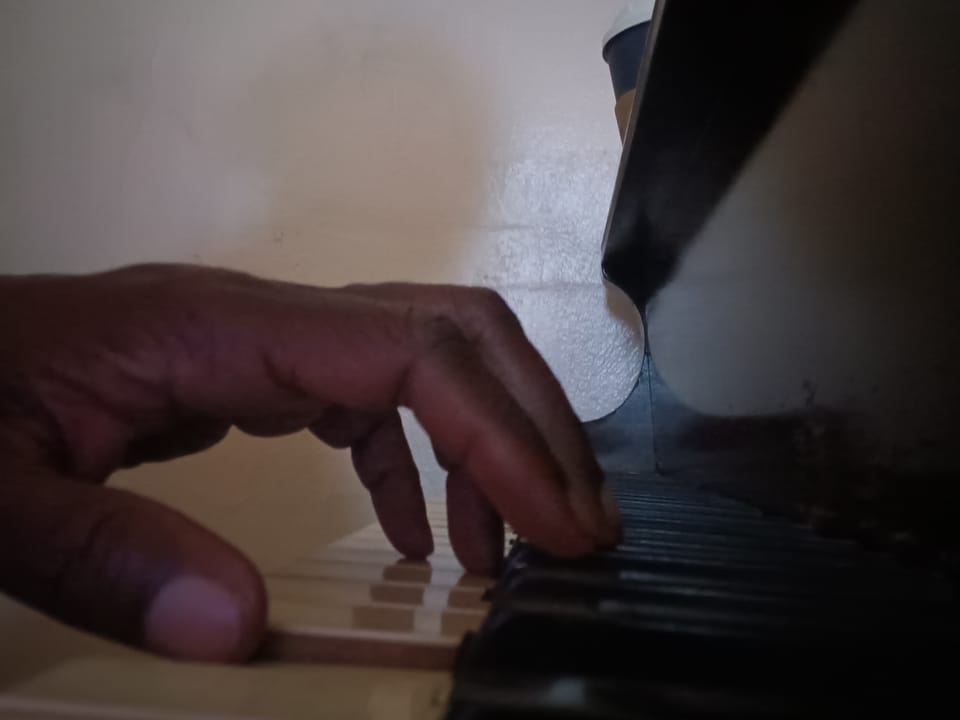Teaching Scales
The Faculty Handbook

How do you teach scales? And why is it important?
You're not going to get answers to these questions here.
There are so many different styles, reasons, philosophies, and perspectives. We'd be here until the end of time.
However:
- When someone asks, “Should I learn [insert something musical]?” that question will always get an “Of course!” answer from me.
I’m a teacher. How am I going to reject, restrict, or limit your learning? Of course learn your scales, all the scales, in all the ways. - When I learned what scales were, how they're related, and how they show up musically and vibrationally, my ear got better, my playing improved, and I—a classical pianist—figured out how to improvise and eventually sit in on jazz and pop sets without anxiety. Professor Steve Somers at Washtenaw Community College in Ypsilanti, Michigan had a lot to do with that.
Take a look at this video and see if this isn't one of many, many helpful ways to run your scales.
****************
We help professional musicians and first year music teachers become effective educators. We provide seminars, one-on-one consultations, professional development workshops, and keynote speaking.
The Faculty Handbook is my actual handbook that I developed over the years while running my own studio. It is available at Teachers Pay Teachers so that you have the option of multiple buyers.
Our signature service, The Audit, allows you to see your studio with fresh eyes and helps you set quantifiable short-term and long-term goals, including teacher retention, student enrollment, and overall morale.
For more information, email us at ThePianoInstructorConsulting@gmail.com or call us directly at +1.313.687.4433.




